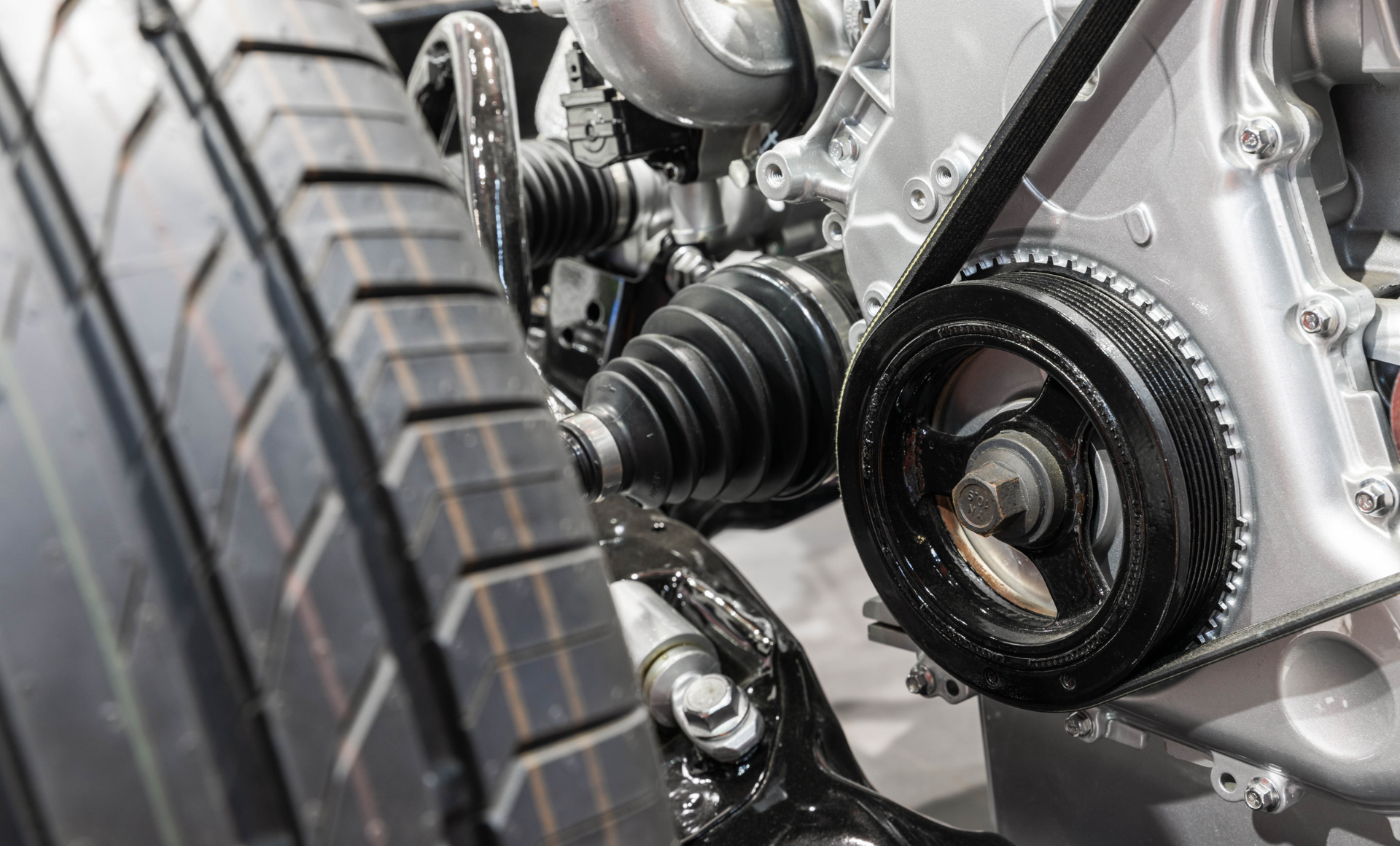Diesel Fuel

For servicing or polishing diesel fuel, it depends on what you need to accomplish for your customers. Fortunately, Bell Performance’s complete selection of commercial-grade diesel fuel treatments is exactly what fuel polishers and service providers need to add value to their diesel customers. And Bell Fuel & Tank Services are there to provide you with the expert guidance you need to keep your diesel customers happy.
We’ve been around since 1909, so we’ve seen all the changes in fuels over the years. Today’s ULSD diesel fuels have specific characteristics, brought about because of regulatory requirements and limitations on its composition, that mean certain kinds of problems predominate in the situations you’re likely to see with your customers.
ULSD Problems - Water and Microbes
ULSD has more water problems than fuels of the past, and its environmentally-friendly compositions mean vastly more microbes problems in diesel fuel. In fact, it’s not an overstatement to say that microbes and water are behind most fuel problems your customer see today.
Bell Performance has commercial-grade solutions to give you the tools to solve these problems for your customers. Bellicide and ClearKill are industry-leading biocides for eliminating microbial growth in fuel and fuel tanks. DFS Plus also helps clean up water from hard-to-reach places in diesel fuel storage tanks.
Solving Cloudy Fuel Problems
Have you ever had cloudy fuel that just wouldn’t clear up no matter how much you filtered it? Cloudy fuel usually means emulsified fuel. Bell Performance has a commercial-grade solution for that, too, with its emulsion-resolving formulations.
Commercial-Grade Solutions For Other Problems
Whether cetane improvers, tank sludge dispersants, anti-gels for better winter operating, or whatever your customers need, Bell Performance is going to have the solution they need.
Keep in mind, this doesn’t just mean dumping chemicals in tanks. Bell Fuel & Tank Services provides expert support for partners to make sure they have the right best practice procedures in place. And this means not just support with the right chemicals, but also the right mechanical process guidance and also the right testing for the benefit of a clearly defined problem and solution.
The Latest on our Blog
3 min read
Spring Fuel Maintenance: Essential Steps for Commercial Fuel Storage Professionals
3 min read
Fuel Security For Hurricane Season: How to Ensure Your Stored Fuel Is Ready When You Need It Most
4 min read
Cold Weather Fuel Treatments: Protecting Your Fleet and Generator Performance When Temperatures Drop
2 min read
Don't Blame the Fuel: A Systematic Approach to Generator Problems
2 min read
Winter Weather Outlook 2024-25: Regional Contrasts and Fuel


